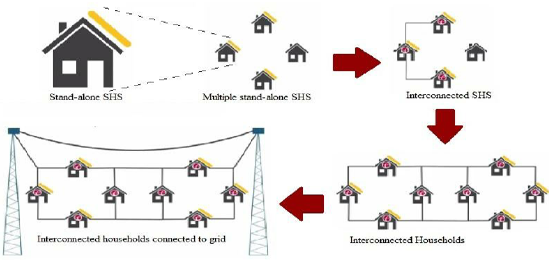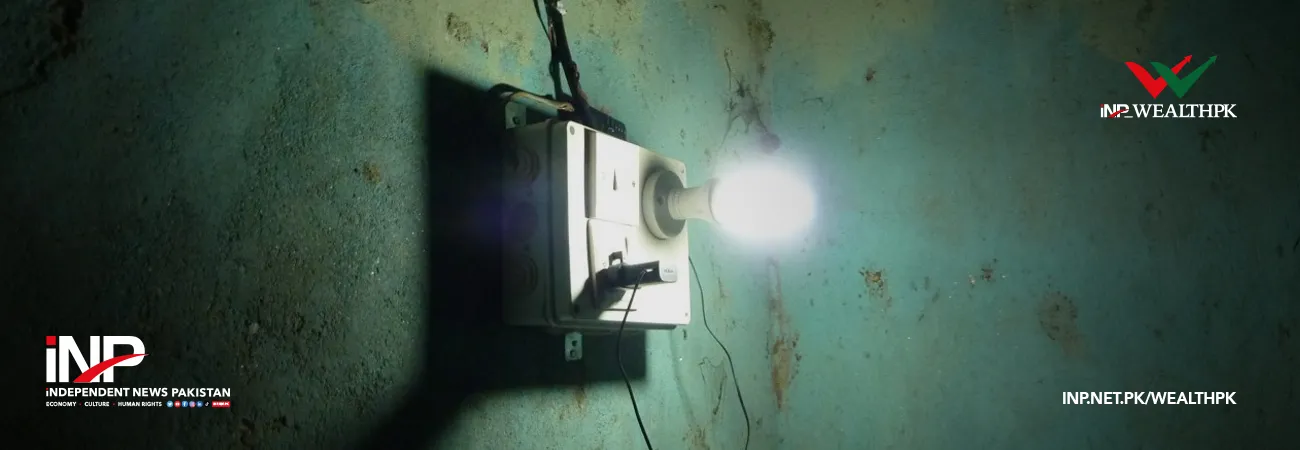INP-WealthPk
Amir Saeed
Swarm electrification offers a decentralised, community-driven solution to enhance energy access and sustainability in Pakistan’s remote and underserved regions.

Talking to WealthPK, Farhan Wahid, a green finance researcher, pointed out that traditional grid expansion faced severe challenges due to the country’s difficult terrain and dispersed rural populations, making centralised electrification costly and often impractical.
He emphasised that distributed generation through solar microgrids and solar home systems can provide reliable, affordable, and clean electricity close to the point of consumption, significantly reducing technical losses and improving power quality.
Wahid highlighted that such systems can empower communities by enabling them to manage and maintain their own energy resources, fostering local capacity and resilience.
He also stressed the importance of integrating energy storage technologies, such as lithium-ion batteries, to ensure continuous supply despite the intermittent nature of solar power. He noted that while upfront costs remained a barrier, innovations in microfinancing and local manufacturing could make these solutions more accessible.
According to him, embracing decentralised renewable energy is essential not only for achieving the country’s SDG-7 targets but also for addressing the broader issues of energy security, economic development, and environmental sustainability in rural areas.
Talking to WealthPK, Rafiullah Shams, Manager at RS Solar Solution Private Limited, highlighted that the country’s energy sector is at a critical juncture, requiring comprehensive policy reforms to support the transition toward clean and decentralised energy.
He pointed out that the country’s current reliance on fossil fuels and rigid power purchase agreements had led to financial stress, underutilised infrastructure, and environmental concerns.
Shams advocated for flexible regulatory frameworks that encourage private sector participation in renewable energy generation, particularly in off-grid and poorly-served areas. He stressed that enabling small entrepreneurs to develop and operate solar microgrids could dramatically increase energy access for millions currently without reliable electricity.
He also emphasised the importance of market-based mechanisms and incentives to attract investment in energy storage and distributed generation technologies. He warned that without such reforms, the country risks falling behind in meeting its climate commitments and economic goals.
He further emphasised the importance of aligning energy policy with international climate finance opportunities, such as Just Energy Transition Partnerships, to mobilise resources for a sustainable energy future. For him, policy innovation and regulatory support are as crucial as technological advances to ensure that decentralised renewable energy solutions fulfill their potential in Pakistan.
Credit: INP-WealthPk











